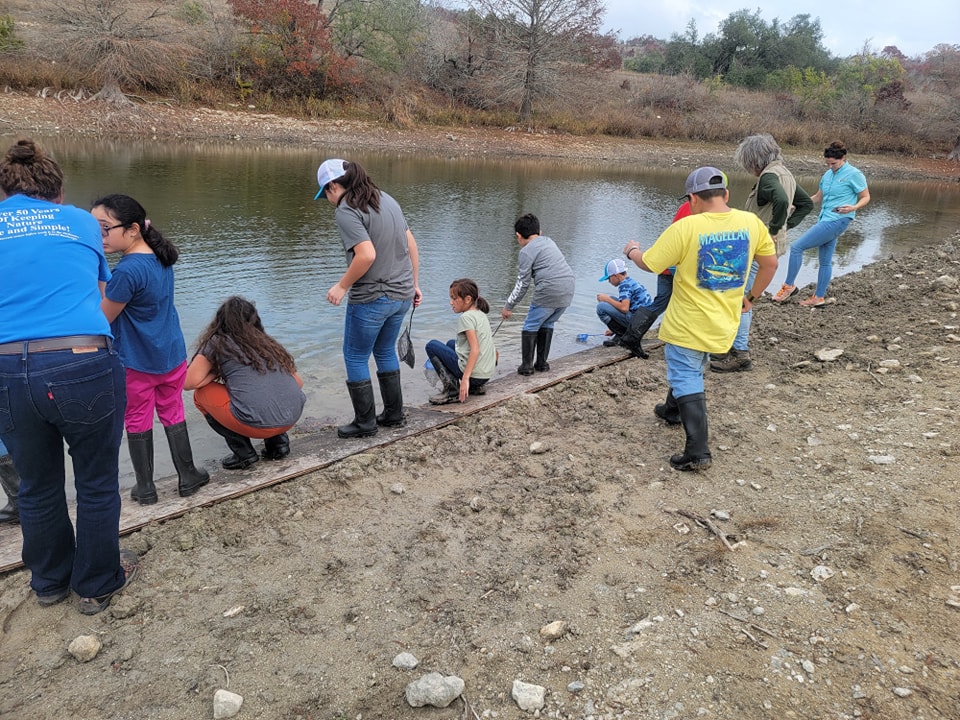
We are proud to share this guest post by Megan Correia, Director of Academics at School Innovation Collaborative, about what led her to launch TriPoint Academy, a new partnership school that is opening in San Antonio to serve students with unique learning needs.
As a mom of three school-aged children with drastically different needs and interests, I’ve spent years driving each of my own kids to three different schools, ensuring their unique needs were met in the best way possible. Finding schools to meet their needs has been increasingly challenging. One child requires specific academic support and emotional understanding, one needs hands-on learning, while the third finds himself unchallenged despite attending some of the best schools in the city. I have been tasked with wondering, how can one school successfully meet the unique needs of every student, while also ensuring they ALL reach their full potential, academically and personally?
An Interconnected World
As an educator, I have had amazing opportunities with my students where I saw them make sense of their learning on their own. My first teaching experience was teaching social studies in a middle school ESL classroom. The challenges were vast, so I sought out different ways to reach my students. I used content to help teach them to read and increase their English language skills, but also discovered project-based learning. I saw students not only begin to engage in learning, but take the initiative.
Another career changing experience was our three day/two night trip to Bamberger Ranch with the fifth grade class. Students spend three days learning about land stewardship, integrated with the fifth grade science standards. Our students came back as changed learners. Everything we teach them throughout the year made sense now because they got to see and experience it first hand. I couldn’t help but wonder, “How do I bring this back to the city? How do I make this experience the ‘everyday’ learning environment?” As I was contemplating this while hiking and listening to students share during selah (pause and reflect moments), I found myself in the science lab and looked up. There was a globe with a bunch of 3D animals. Suddenly it clicked. I wanted to create a school focused on the interconnectedness of the world around us, including helping students reconnect with the natural world. Science and technology are important in the world our students are growing up in, but we need to ensure they have an understanding of the natural world as well. How they have an impact on the physical world they live in, but also how they can contribute to the community they live in.
This experience launched the early planning stages of TriPoint Academy. From this experience came the mission statement: Providing opportunities for students to understand how the world around them is interconnected, as well as how they have an impact on the world they live in by providing rigorous interdisciplinary academic focus integrating science, technology, and natural world exploration through critical thinking (rigorous academics), change (service learning), and connections (self-realization).
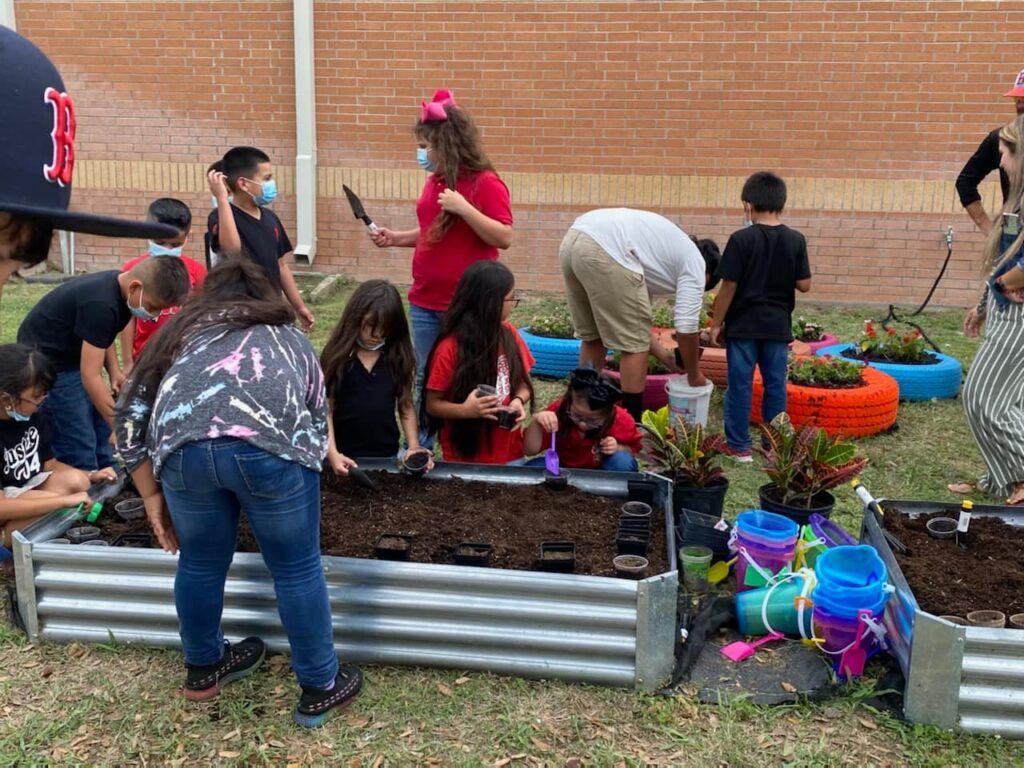
Service Learning
Expanding on the interconnectedness of the world around us, we need to ensure that the learning our students engage in has meaning to them, allowing them to see the bigger picture and real world connection to what they are learning. Project-based learning allows students the opportunity to engage in learning that is not separated from real world application, allowing students the opportunity to engage in problem solving. Service learning takes it a step further by ensuring the end product of their learning is connected to the world or community they live in. While engaging in the learning process, students are also able to connect with experts in the fields they are having impact on, which allows them to have a deeper understanding.
During these experiences, TriPoint Academy students learn through real world problems, brainstorming potential solutions, researching and reflecting while they engage in critical thinking to develop their final solution. The learning process students engage in provides an opportunity for students to be immersed in authentic learning experiences, where teachers are learning facilitators, guiding and supporting students on their learning journey. Each student’s journey in the process is unique and tailored to what matters to them. While students are engaged in their learning, they are developing 21st century skills such as problem solving and collaboration. Students develop and implement solutions to the presented problem that they have created and are passionate about. As students complete their solutions, they engage with the community and world around them and begin to develop the understanding that even small changes can have big impacts. By understanding how to make change in the world around them, our students become change makers.
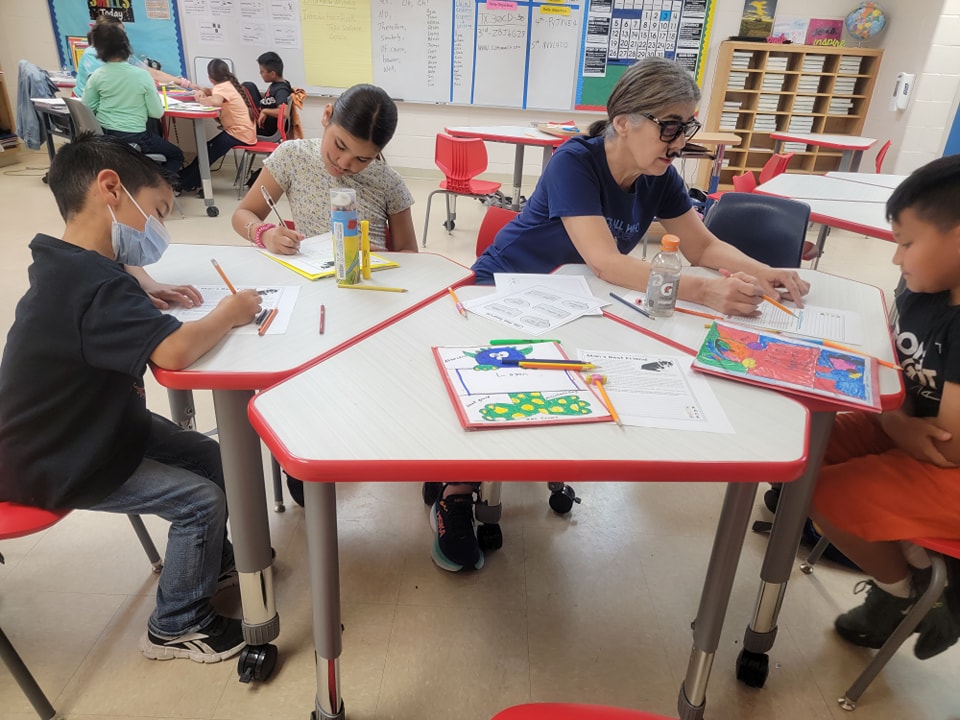
Meeting the Needs of All Students
I have experienced the dramatic range of needs within the classrooms, which have increased post COVID. The solution, we’ve always been told, is to differentiate. As many of you know, that’s easier said than done. When considering a systems approach to differentiation, in conjunction with limited teacher capacity, I have spent plenty of hours contemplating the best solution. Over the past two years, I have found specific designated times where students were grouped based on their skill level rather than traditional grade levels, across the entire campus. The results have been inspiring. Students are better able and willing to engage in their learning, helping drive them forward faster. It also helps teachers target specific skills, rather than each teacher trying to remediate or expand the same few skills, decreasing the workload on the individual teacher. As we consider the educational experiences of our students over the last few years, our students’ strengths and weaknesses are more polarized than before. By teaching students in flexible skill-based groups that change with each unit, we can better meet their needs and help drive them forward. Every student deserves access to a high quality education, where they are successful. By grouping students in this way, rather than traditional grade levels, we are able to meet the needs of all students, helping them reach their full potential.
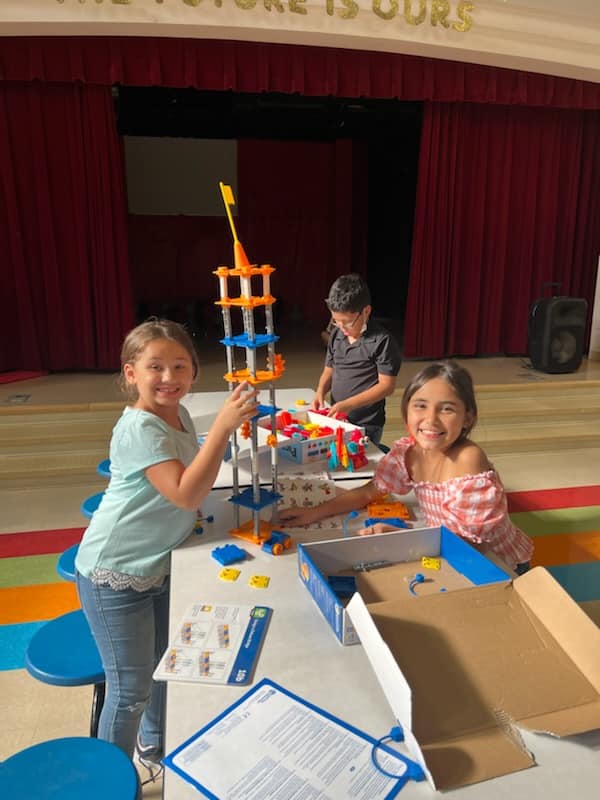
TRI Something and Self-Realization
During our homeschool experience, one thing that has really stood out was the autonomy my son had to meet his fine arts and PE hours with activities that he enjoyed. He has explored an interest in videography and audio engineering, as well as violin practice to meet his fine arts hours, and hiking for PE credit. It dawned on me, why don’t we offer the ability to foster the uniqueness of each student, providing them an opportunity to grow to their full potential?
Continuing to enhance a students’ understanding of interconnectedness of the world around them, we need to provide a variety of authentic experiences for our students, but we also need to provide an opportunity for them to connect to themselves, allowing them to fully understand their needs as a person. Supporting students through their unique needs includes self-regulation techniques or the ability to engage in advocacy. Ensuring students are self connected also means helping students discover what interests and passions they have. Different experiences and hobbies motivate each student and we help them discover those motivators that bring joy to the student. Rather than traditional specials, we provide students the opportunity to explore their unique interests, developing their own adventure. By engaging in things that lead to self-fulfillment, TriPoint Academy students will engage in their world in different ways aligned with their passions and interests, creating their own connections.
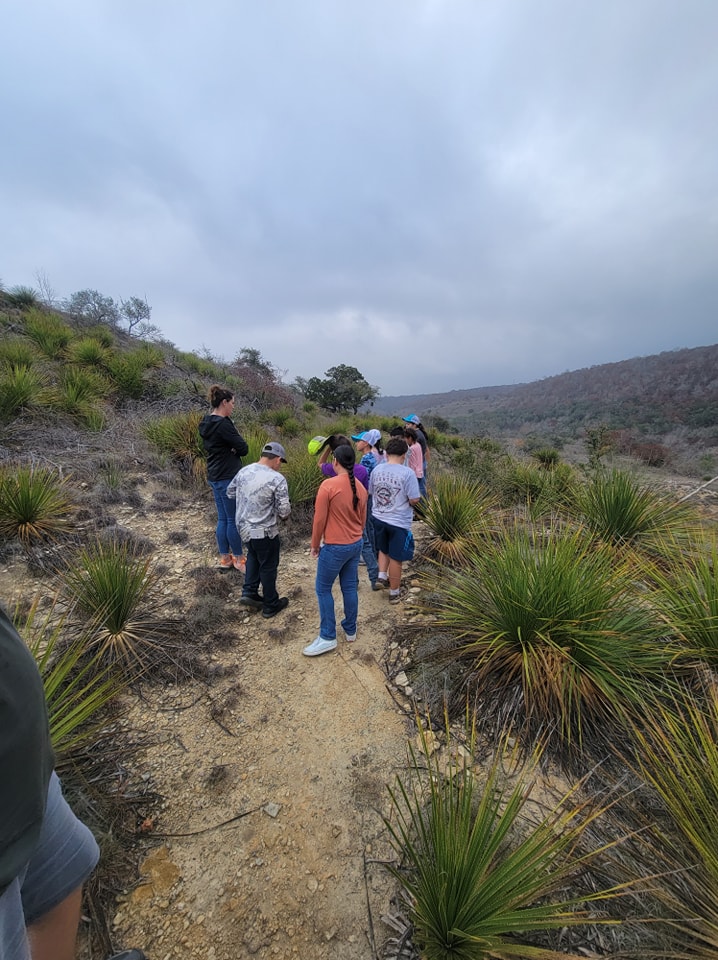
Connect with TriPoint Academy
TriPoint Academy will open in July 2023 in San Antonio, serving grades 3–8. We are currently accepting applications for enrollment. Contact us by email at info@tripointacademyschools.org, or fill out the contact form on the website. Follow us on Facebook. TriPoint will be hosting events in the community, and we look forward to meeting families whose children have different needs and interests and are looking for a school home.
TriPoint Academy is a partnership school with the School Innovation Collaborative and Benavides ISD. Contact School Innovation Collaborative by email at info@schoolcollaborative.org and follow them on Facebook, Twitter, YouTube, and LinkedIn.
Charter Moms Chats
Watch Megan Correia, Director of Academics at School Innovation Collaborative, speak with Inga Cotton on Charter Moms Chats on May 17, 2023 at 4:00 PM Central live on Facebook and YouTube.
Megan Correia is the Founder and School Director of TriPoint Academy and the Director of Academics at School Innovation Collaborative. As a parent of three children, Megan understands that every child has unique needs. Each child deserves their needs to be met and their strengths to be celebrated. Megan has worked as a high performing teacher in Rhode Island and San Antonio. With both high achievement and student growth, she has a deep understanding of what quality curriculum and instruction look like. Alongside high quality instruction, Megan has implemented social-emotional learning and project-based learning into her educational philosophy as methods to ensure the needs of the whole child are met, while providing students with 21st century skills that help students understand their ability to make change in the world around them. Megan established herself as a teacher leader through coaching and mentoring as well as curriculum development for the district. Educational experiences in a variety of contexts have strengthened her belief that all students deserve a quality education rooted in strong curriculum and instruction. After being named Lamar Elementary (SAISD) Teacher of the Year in 2019, she received her doctoral degree at Walden University, completing her Ed.D. in Curriculum, Instruction, and Assessment. Since joining the School Innovation Collaborative, she has designed and implemented numerous academic programs including a comprehensive literacy program aligned to the science of teaching, schoolwide intervention systems, blended learning structures, an afterschool program, and an additional school year days program. She has also successfully launched the Teacher Incentive Allotment in two different districts.
Read More About Individualized Learning
- “SAISD Enrollment Guide for Choice Schools in 2023–24,” San Antonio Charter Moms, October 11, 2022
- “Providing an Inclusive Education Environment at KIPP Texas—San Antonio,” San Antonio Charter Moms, December 1, 2021
- “Meet Doug Dawson, the Guy You Should Have Already Met,” Bekah McNeel, San Antonio Charter Moms, April 20, 2019
- “SAISD Approves New Generation of Autonomous Schools,” Bekah McNeel, San Antonio Charter Moms, March 30, 2019